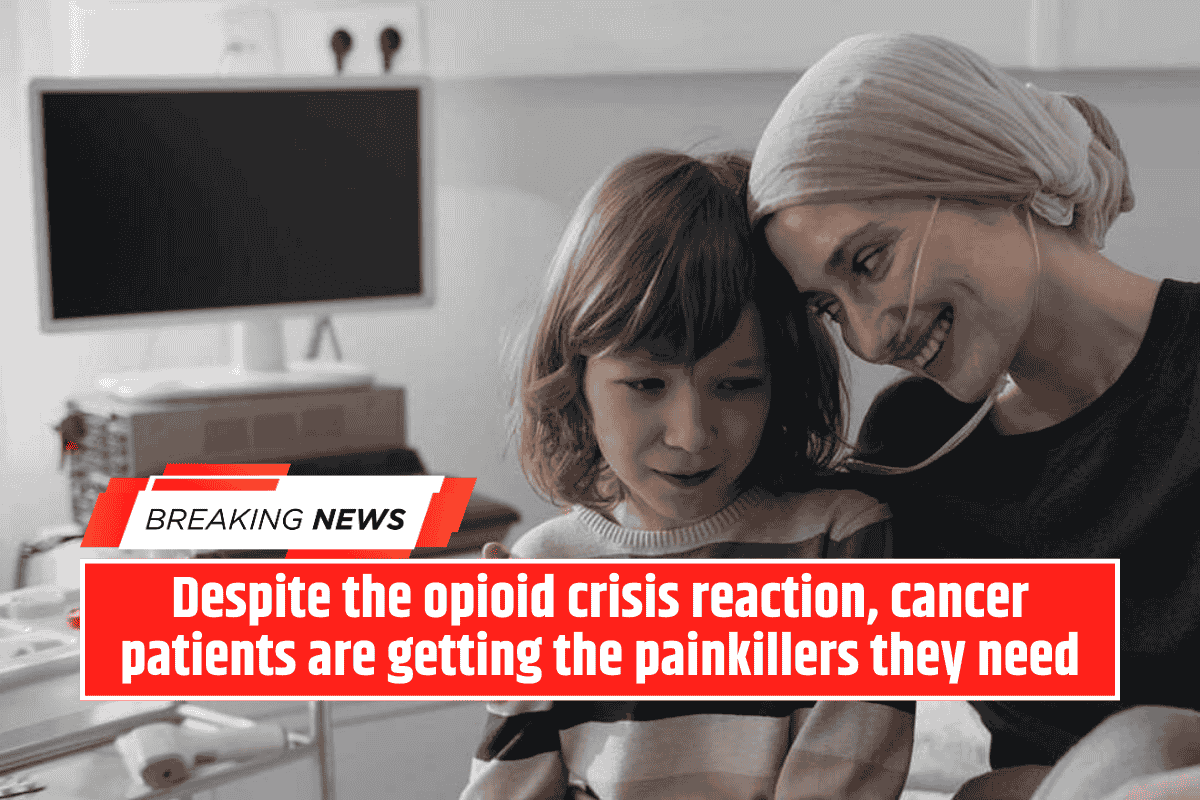People with fatty liver disease face a higher risk of early death if they also suffer from certain cardiometabolic health issues, according to new research published Sept. 17 in Clinical Gastroenterology and Hepatology.
The study found that three conditions in particular sharply raise mortality risk:
- High blood pressure – linked to a 40% higher death risk
- Prediabetes or type 2 diabetes – linked to a 25% higher death risk
- Low levels of HDL (“good”) cholesterol – linked to a 15% higher death risk
Importantly, high blood pressure was identified as the most pressing risk factor, overturning the prior belief that diabetes was the biggest concern for fatty liver patients.
Background on MASLD
Fatty liver disease, now commonly referred to as metabolic dysfunction-associated steatotic liver disease (MASLD), affects more than a third of the global population. It occurs when fat accumulates in the liver, potentially leading to scarring and tissue damage.
The condition is frequently linked with other health problems, including obesity, high blood pressure, diabetes, high blood sugar, and low HDL cholesterol.
Study Design and Patient Outcomes
Researchers analyzed data from nearly 22,000 participants in the National Health and Nutrition Examination Survey (NHANES), spanning from 1988–1994 and 1999–2018.
- 99% of participants were overweight or obese.
- Death records were cross-referenced to determine which factors most strongly influenced mortality risk.
Results showed that the risk of death escalated as health problems stacked up:
- Two additional conditions → 66% higher risk
- Three conditions → 80% higher risk
- Four conditions → More than double the risk
Role of Body Weight and BMI
The study also found that risk rose in tandem with body mass index (BMI), showing that heavier patients with fatty liver disease are even more vulnerable.
Clinical Implications
Lead researcher Dr. Matthew Dukewich of the University of Southern California emphasized that high blood pressure deserves more focus in treating MASLD patients.
Senior researcher Dr. Norah Terrault, a hepatologist at USC, noted that understanding which risk factors most impact outcomes will help doctors tailor treatment strategies.
Researchers concluded that identifying individual cardiometabolic risk factors can help doctors prioritize treatment and define risk profiles for patients with fatty liver disease, potentially improving care and survival outcomes.









